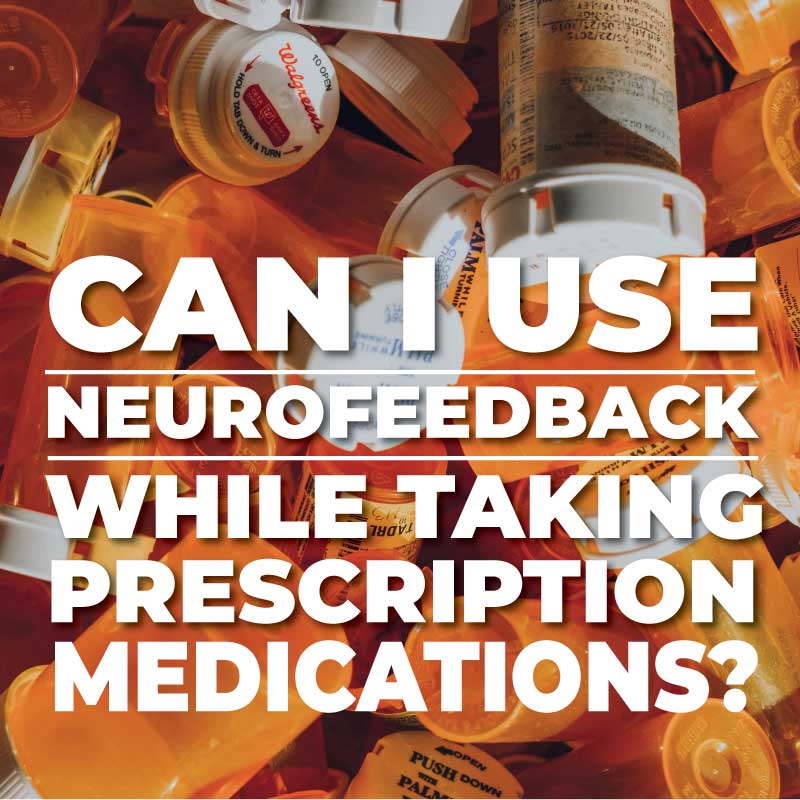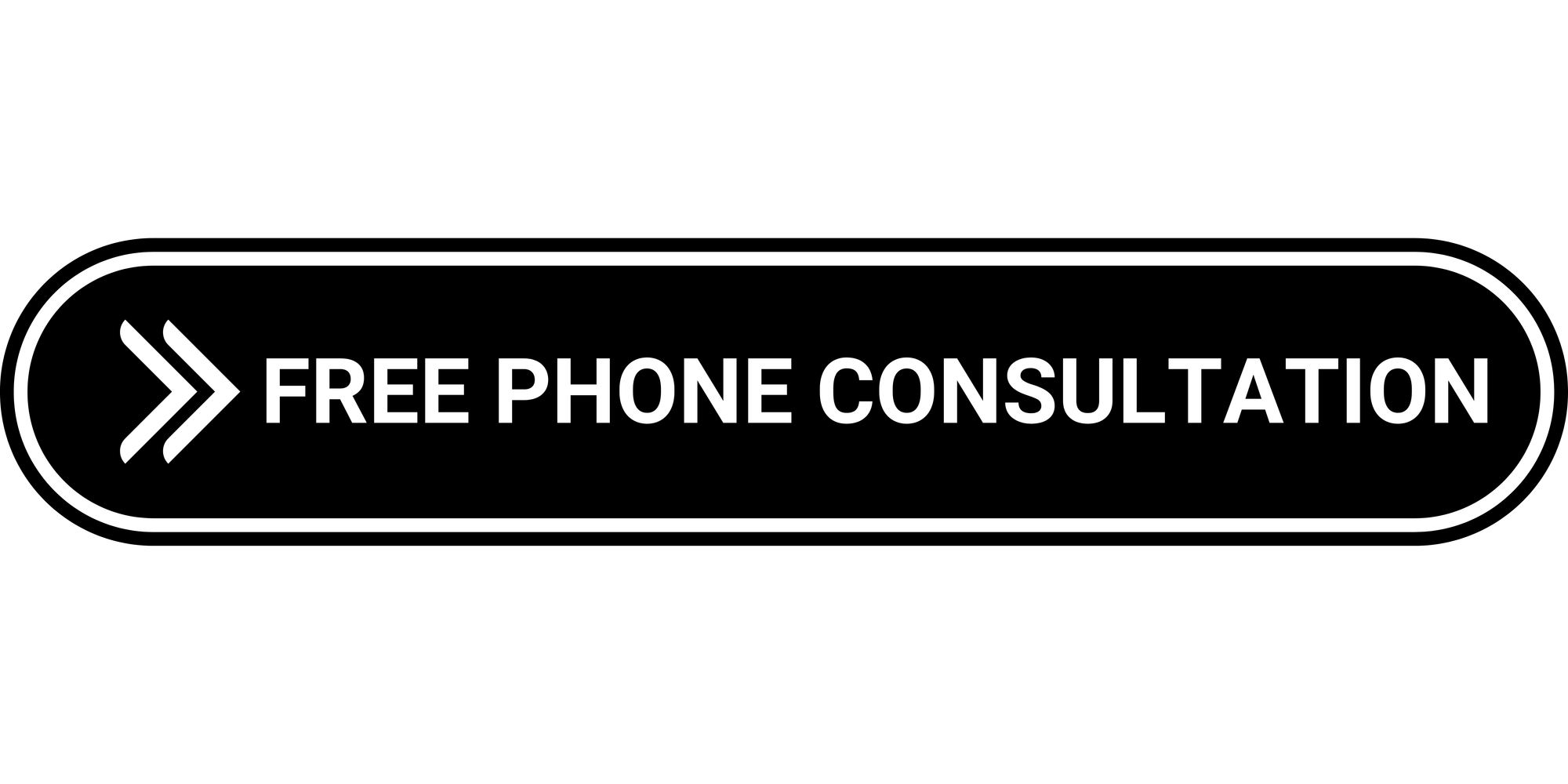Can I use neurofeedback with prescription medications?

To medicate or not to medicate? That is the question. Clients frequently ask me about the safety and effectiveness of combining neurofeedback and pharmaceutical drugs. Often these questions come from those who have concerns about the long-term side effects of certain drugs on their children (or on themselves).
So first, I will state that I am not a medical prescriber. I ethically and legally cannot tell you what you should or shouldn’t do in regards to your medication or that of your child.
Talk With Your Doctor About Your Brain Training Success
Unfortunately, not all traditional medical doctors understand neurofeedback at more than a basic level, if at all. This lack of knowledge can make it tricky to navigate conversations with your doctor. You will need to be a self-advocate during your visit with your provider. And since this visit is likely to be very short (often 20 minutes or less), it is best to arrive armed with all the information you need.
You know yourself best and can speak up during a visit with your doctor. If you want to discuss a change in medication with your practitioner, that is certainly your right. Be prepared for questions from your doctor and maybe even some push-back.
Here is one example from a client. He mentioned that before beginning neurofeedback sessions, he couldn’t miss a dose of his medication without being absolutely miserable. And so was anyone who happened to be around him. Now that he started brain training, however, he no longer feels a “dip” in his emotional regulation if he occasionally forgets his meds.
He spoke with his doctor about reducing his medication, but the doctor advised against it. While my client was nervous to go against his provider’s wishes, he feels comfortable knowing that missing an occasional dose no longer impacts him the way it once did.
Physicians may be rightfully concerned that the improvements the patient is reporting are temporary, therefore, weary about reducing medication. The more neurofeeedback sessions you have, the stronger, longer lasting, and more comprehensive your results will be. When you keep reporting your improvements to your doctor again and again, at each subsequent check-up, there's more chance that the doctor would see a pattern and reassess your medication needs.
Ultimately, this type of decision is up to you.
If you or your child are currently under a physician’s care and are taking medication, do not stop taking it without talking to your doctor. Doing so may be dangerous for your health.
Neurofeedback for Wellness
NeurOptimal® neurofeedback is not a medical procedure. Instead, it trains your brain by offering information about itself. The brain receives feedback about its activity. This information helps the brain to reorganize itself and find ways to work better and more efficiently.
When this happens, many brain-related issues drop away on their own. Clients report a quieting of the mind. They feel more relaxed and less reactive, and they experience improved memory and concentration. Clients start sleeping better and waking up more energized, feeling positive and hopeful. Once they see these changes, they naturally wonder if reducing or eliminating medication is appropriate.
A doctor can recommend adding a medication or increasing a dosage when your symptoms worsen and prescribe accordingly. But they also can reduce or eliminate a medication when negative symptoms subside. This is a conversation you will need to have with your medical practitioner.
In 2018, NeurOptimal® received the designation of a General Wellness Product by the FDA. It is not a medical treatment. It's brain training. But just like exercising at the gym (for which no medical prescription is needed) supports your body’s overall physical health, NeurOptimal® helps your brain stay fit and healthy naturally.
We Are On Your Team
Consistent, overall wellness often requires more than one modality of care and intervention. At Beaverton Neurofeedback, we are honored to support you as you live your best life. You can download a free report to see how NeurOptimal® has helped millions of others living with various conditions. Schedule a Free 15-minute call or book an appointment today to get started on your neurofeedback journey.




